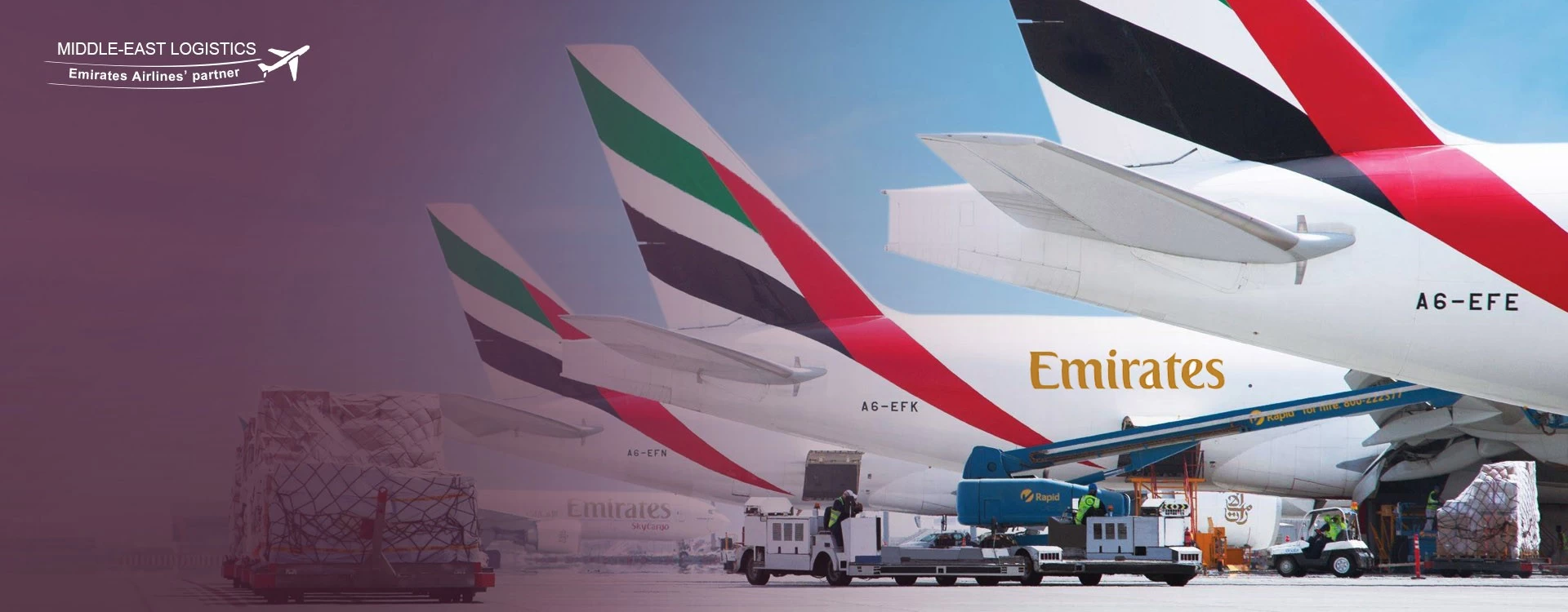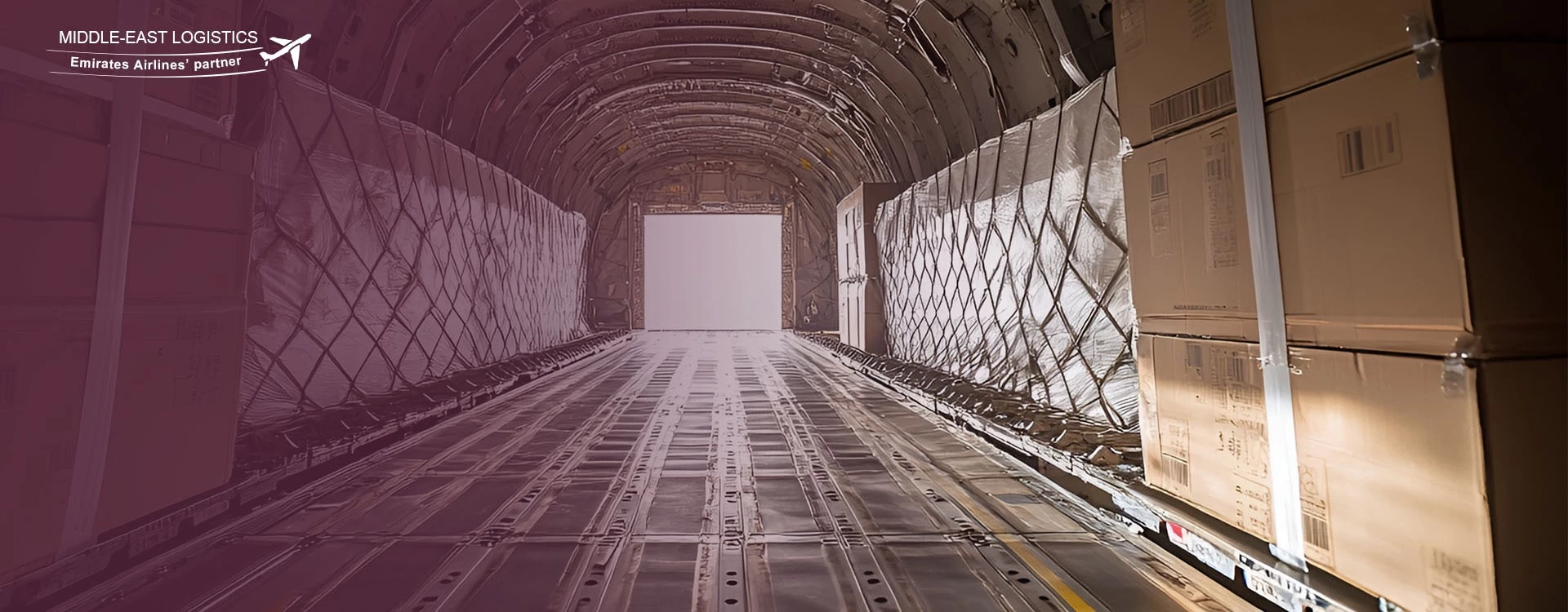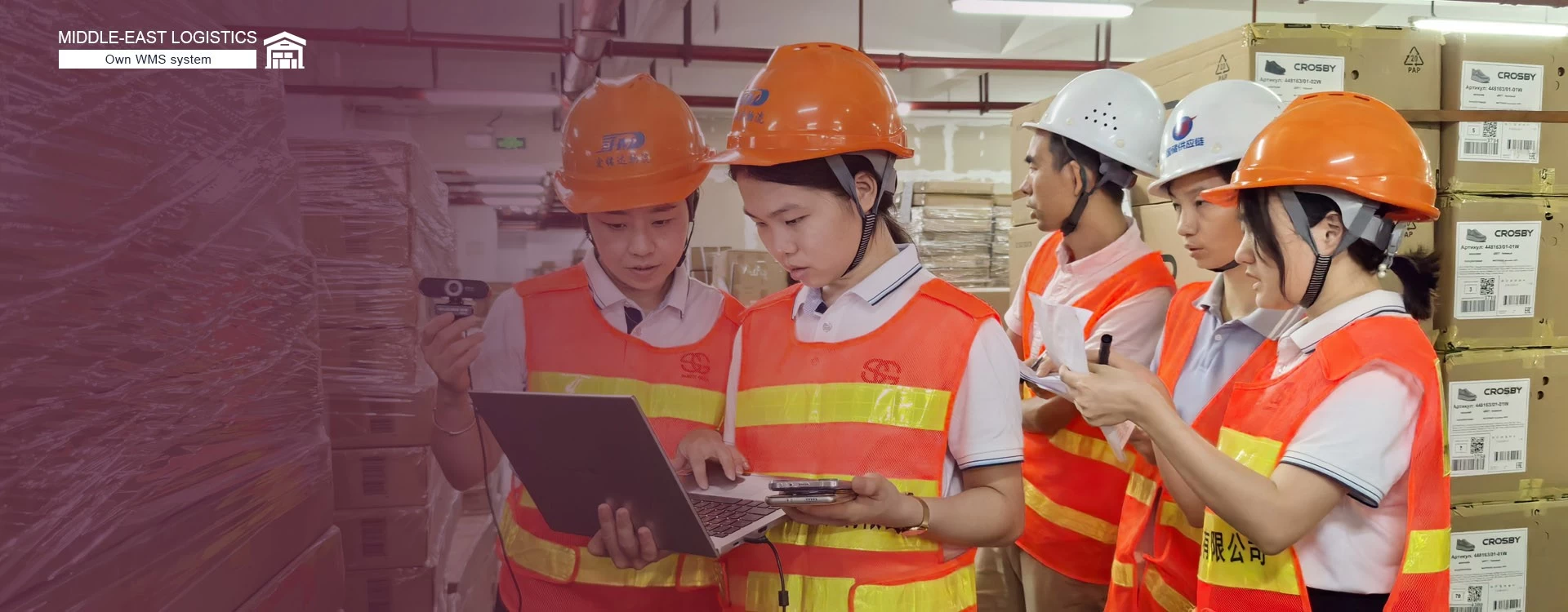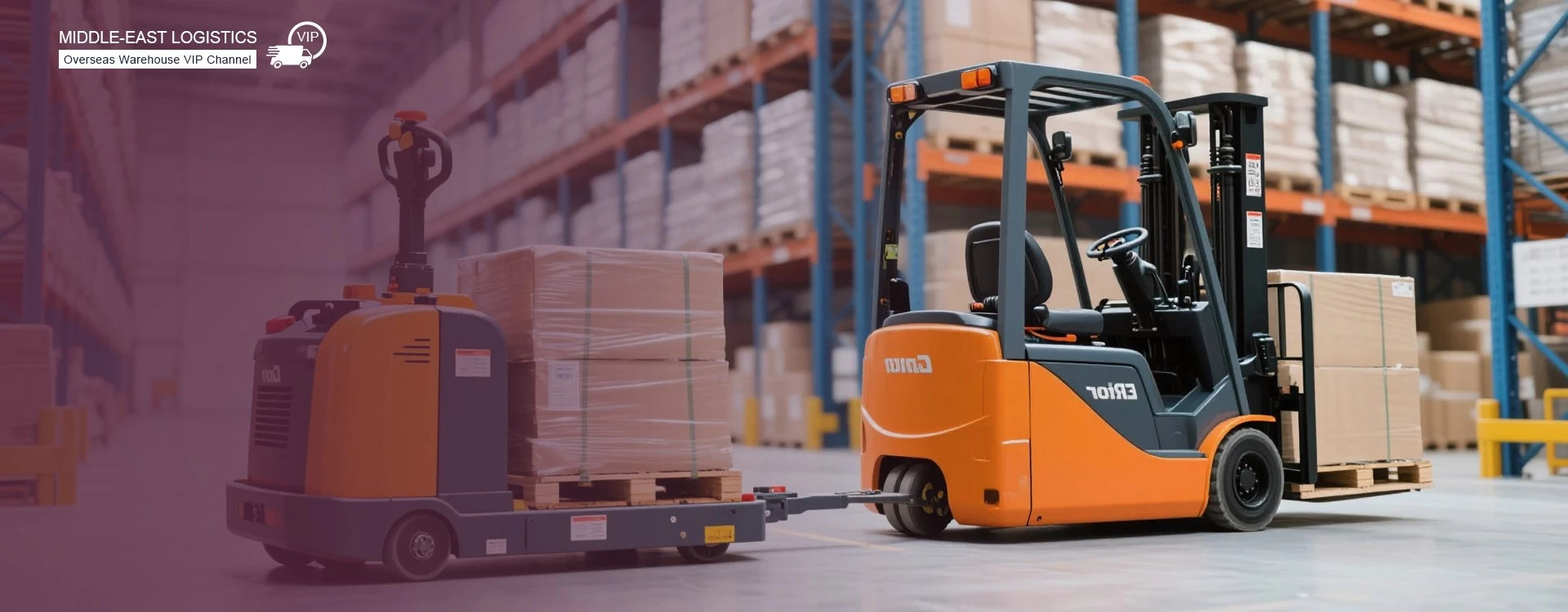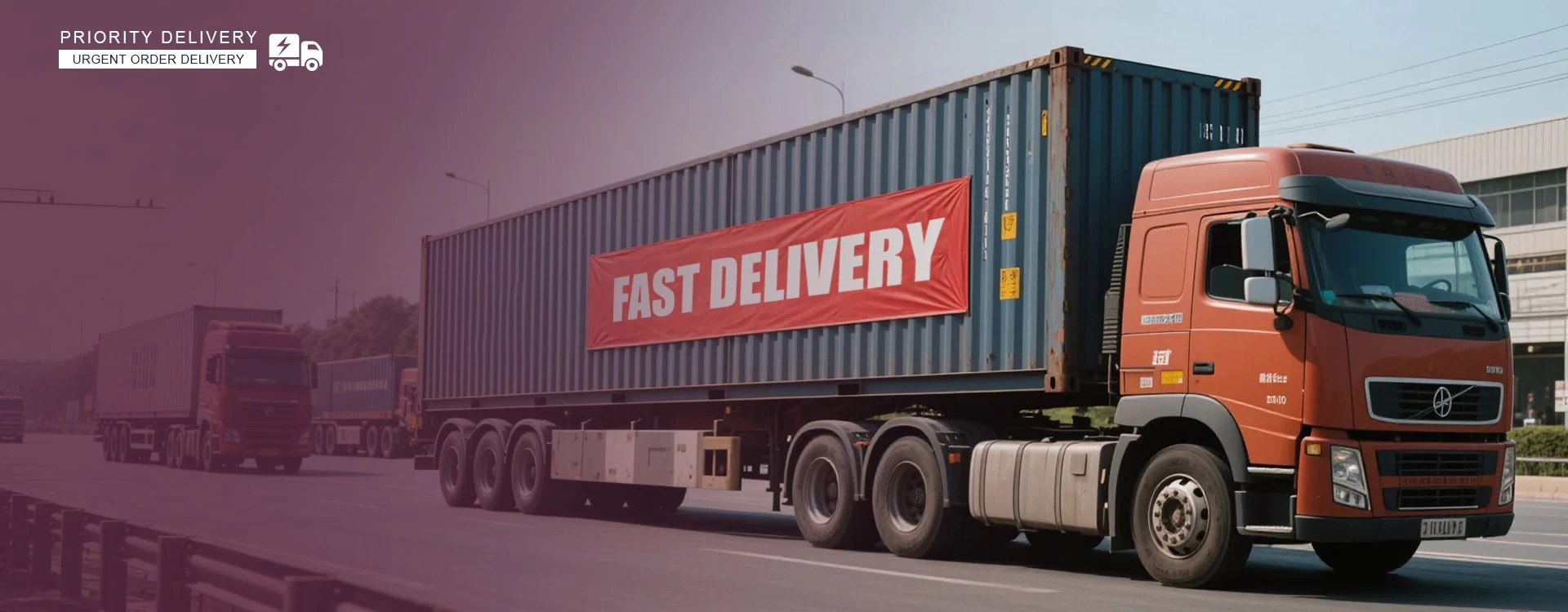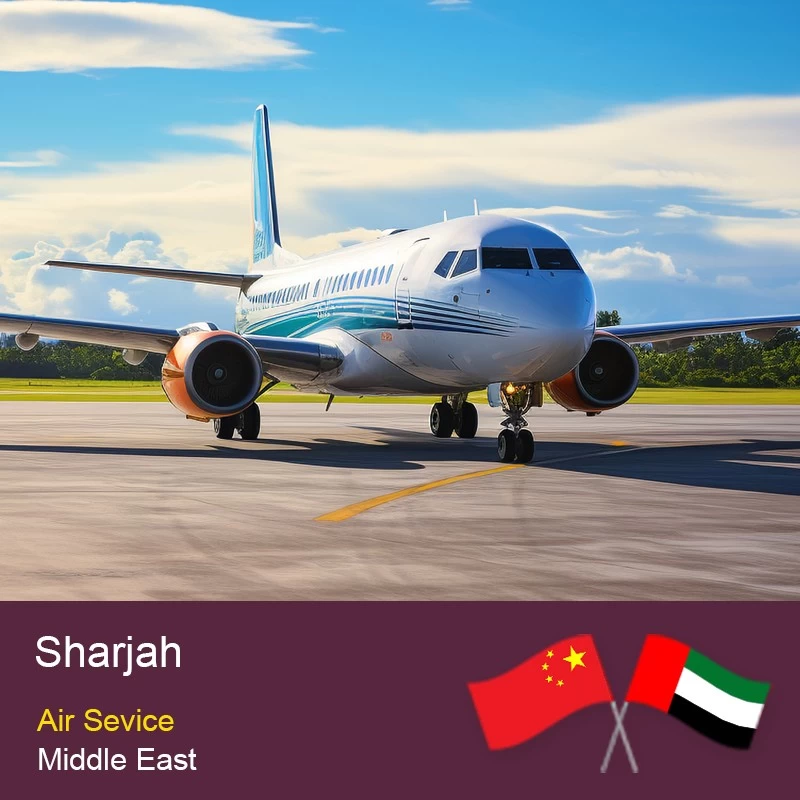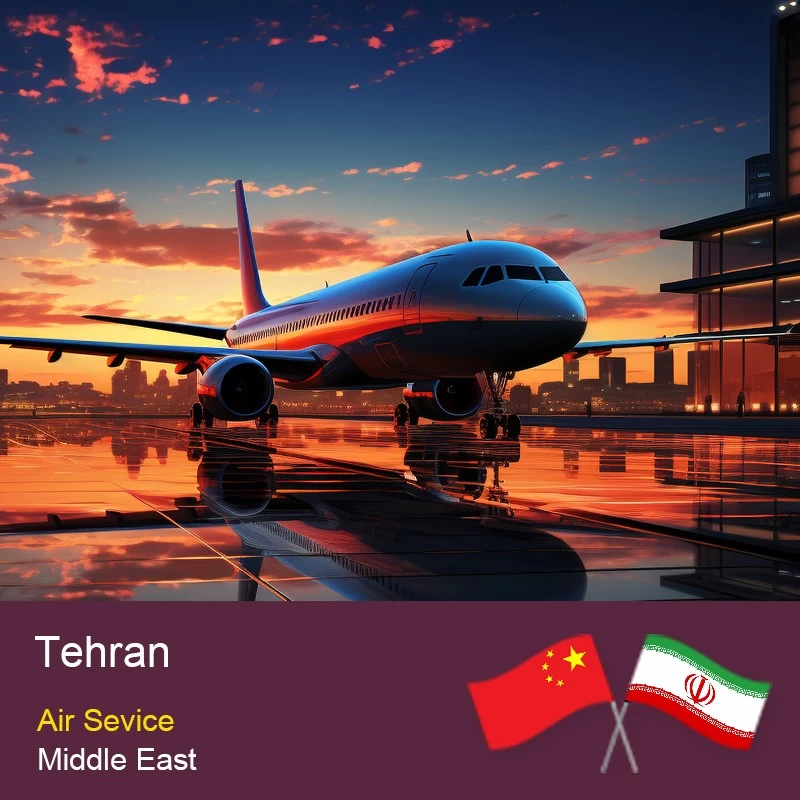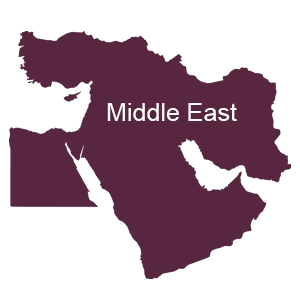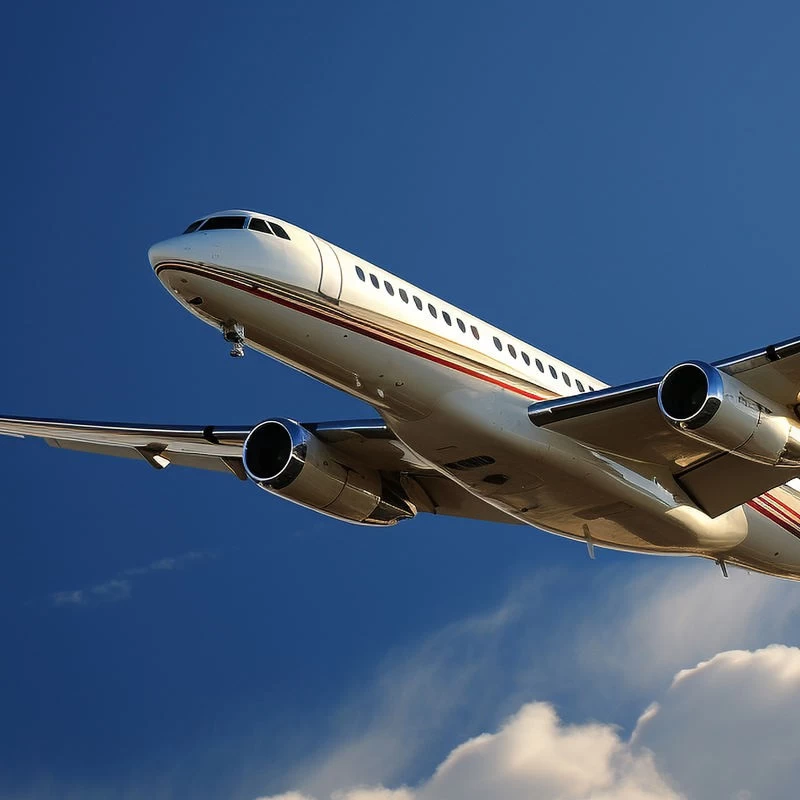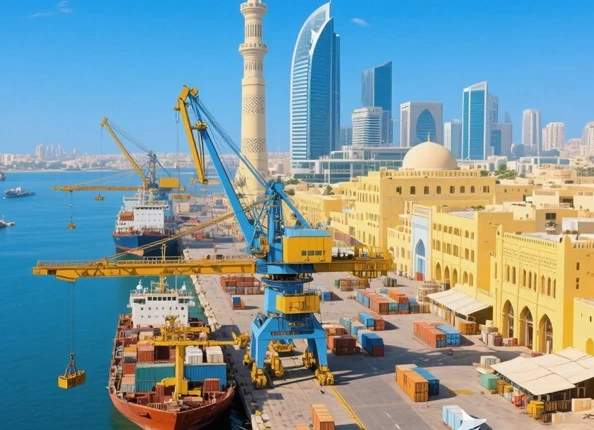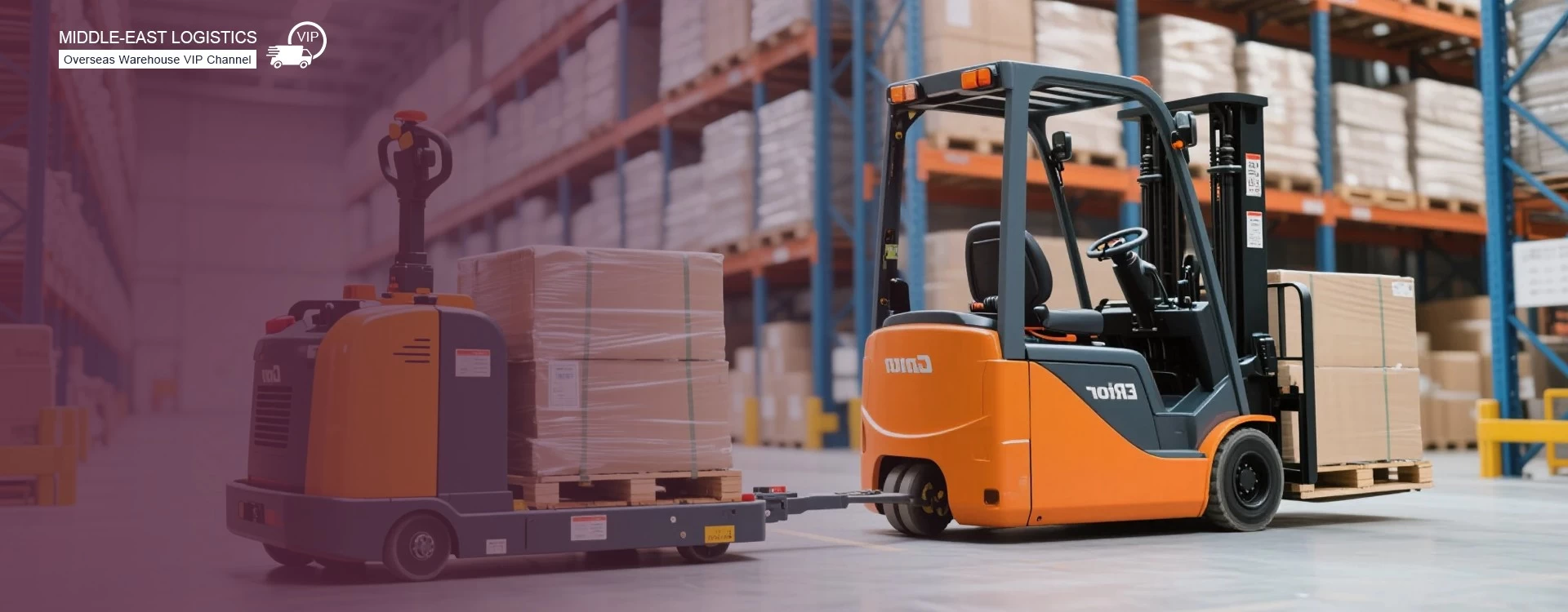For air freight to the Middle East, do you know which goods require special packaging?
In the export of air freight to the Middle East, regardless of the mode of transportation, the transported goods can be classified into the following categories: ordinary goods and special goods.
Special goods often refer to some commodities with special properties or transportation requirements. They require special attention and care during the transportation process. The following goods usually need special packaging:
1. Fragile goods:
Fragile goods such as glass products and ceramic products need to be handled with great care during packaging. Usually, multiple layers of packaging materials, such as foam boards and bubble films, are required to ensure that they will not break or be damaged during transportation.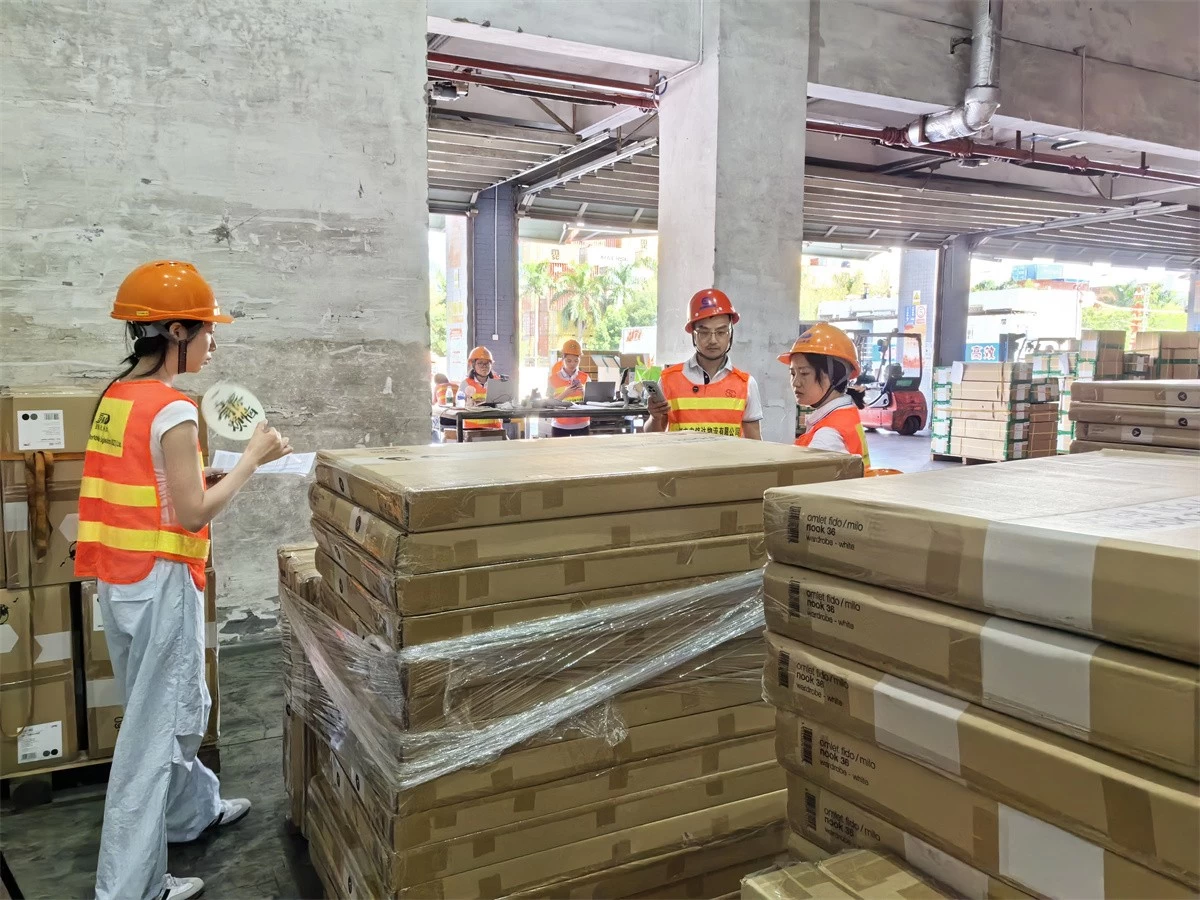
2. Oversized goods:
Oversized goods refer to goods whose volume or weight exceeds the general standard. For example, large machinery, construction equipment, etc. For such goods, special equipment and arrangements are required during transportation, such as using flatbed trucks and cranes, etc., to ensure that they can be safely and smoothly delivered to the destination. Reinforcement, support and other measures may need to be taken in packaging to prevent the goods from deforming or being damaged during transportation. Packaging oversized and overweight goods is a highly professional job that requires professional large-scale packaging equipment. Generally, freight forwarding companies cannot undertake it. We have a lot of practical case experience in packaging oversized goods. For example, sending a 15-ton steam turbine intermediate pressure rotor by air freight to the Middle East is not something that an ordinary freight forwarder can do, so it is no problem for us.
3. Food products:
Especially for food products exported to the Middle East region such as Dubai, in addition to complying with local food safety regulations, attention also needs to be paid to meeting specific requirements in packaging. For example, for goods with double customs clearance, the outer packaging needs to be packed in cartons + woven bags, and the labels of the basic requirements of the products need to be pasted on the woven bags.
4. Battery products:
For such products as mobile phones, tablets, power banks, etc., special attention needs to be paid to their packaging to prevent damage during transportation. Battery products especially require special packaging because they may cause safety problems. For example, batteries, power banks, etc. must be sealed in a plastic bag, and there should be no bare batteries. When placed in a box in a row, they must be insulated.
Here, it has to be said that sending goods with magnets and electricity involves a lot of documents and procedures. Many inexperienced freight forwarding companies often make the freight very high due to improper operation, and may even encounter some unexpected pitfalls. Our company has been engaged in freight forwarding for 26 years. We are the first-level agent of the air express dedicated line to the Middle East of Air China and China Southern Airlines. There are our pallet positions on the planes flying to Dubai every day. We have successfully helped Huawei ship electronic products worth 40 million yuan. Even SF Express often uses our air freight service. We are very experienced in shipping special items.
5. Electronic products and accessories:
For products with plugs, such as chargers, power strips, etc., attention should be paid to whether the plug specifications meet the standards of the destination country. In the Middle East region, usually a British standard three-pin plug is required to pass customs clearance normally.
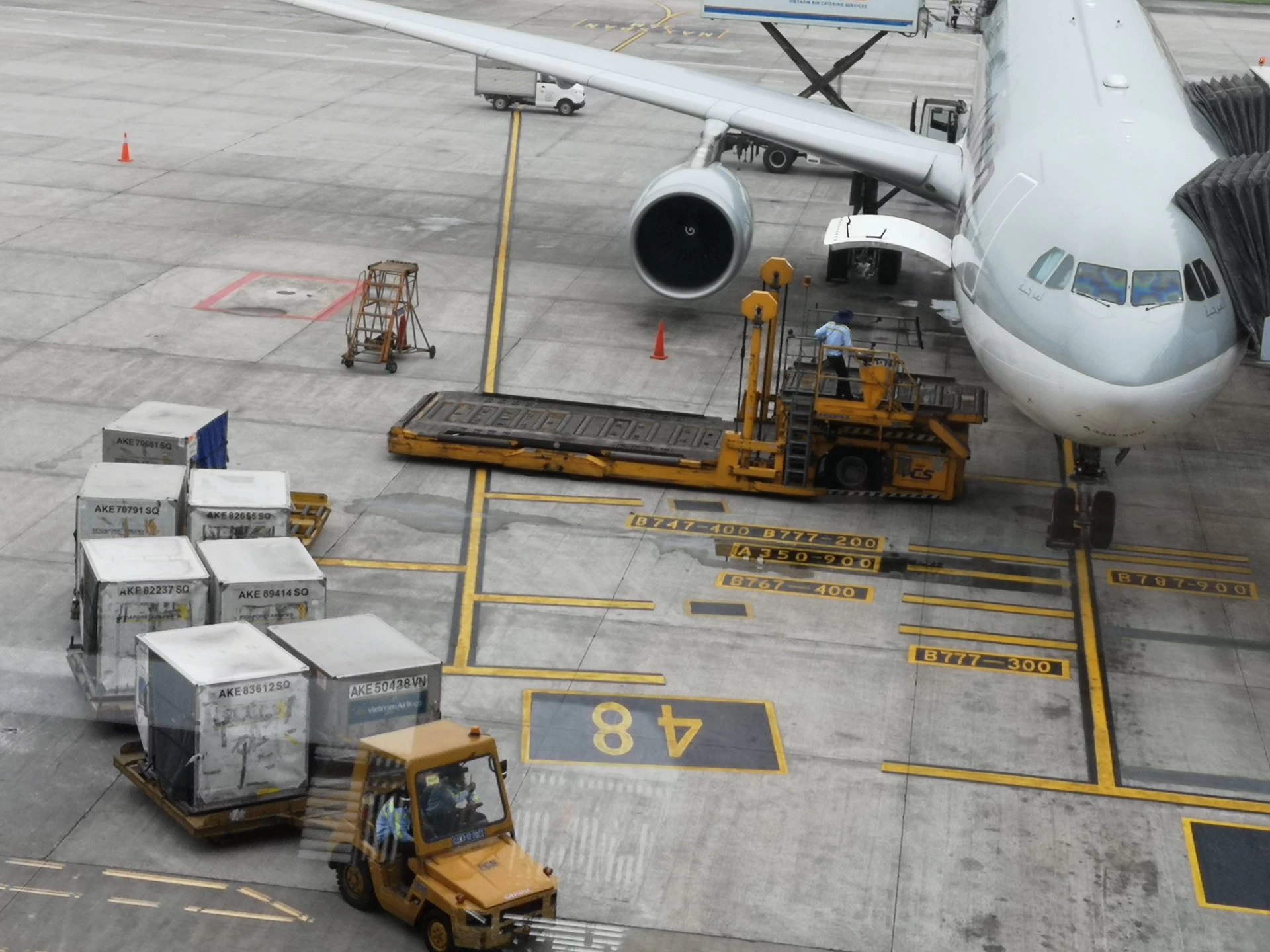
When packaging all goods, attention should be paid to suitability to ensure that the goods will not be damaged due to improper packaging during transportation. When using pallets, the specifications of the pallets should be selected according to the pallet standards recommended by the International Organization for Standardization.
Regarding the dedicated line to the Middle East, our company was established in 1998, with nearly a hundred employees, and we have a dedicated foreign trade warehouse in Yantian Port. I once successfully helped Huawei ship electronic products worth 40 million yuan. Huawei doesn't just choose a freight forwarder because someone knocks on their door and sends an advertisement. They need on-site inspections, background checks, signing of various agreements, and so on. Do you think Huawei will choose an unreliable freight forwarder?

